How to effectively preserve NPK fertilizer for plants
How to properly preserve NPK fertilizer is always a headache for many farmers. Proper preservation will help ensure the quality of fertilizer, helping fertilizer to be used for a long time. Let's find out the details in the article below with VNT.

How to preserve NPK fertilizer
A few words about NPK fertilizer
NPK fertilizer is a mixture of three main nutrients: Nitrogen (N), Phosphorus (P) and Potassium (K). These three elements play an important role in the growth of crops, helping to increase productivity and improve the quality of agricultural products.
Each element has a separate function:
- Nitrogen (N): Plays an important role in promoting the growth and development of crops, especially in the early growth stage. Lack of nitrogen, plants will be stunted and have a dull color.
- Phosphorus (P): Provides energy for crops, supports photosynthesis and increases crop yield. Phosphorus also helps plant roots grow stronger.
- Potassium (K): Increases resistance to adverse conditions and promotes fruit maturation. Potassium also helps increase the quality of agricultural products.
NPK fertilizers are very diverse and come in many types with different nutrient ratios, suitable for each type of plant and stage of growth.

A few words about NPK fertilizer
Methods of preserving NPK fertilizer
The difficulty in preserving NPK fertilizer comes not only from natural conditions but also from the way we store it. Understanding the preservation methods is very necessary.
Preserving NPK fertilizer in dry conditions
When preserving NPK fertilizer, the most important thing is to keep them dry. Moisture is the biggest enemy of NPK fertilizer, especially for granular fertilizers. If not preserved well, fertilizers will easily clump, reducing their nutritional quality.
To preserve fertilizers in an ideal state, pay attention to the following points:
- Choose a suitable storage place: Choose dry, cool places with limited natural light. In particular, stay away from humid areas such as basements or near water sources.
- Use sealed containers: To protect NPK fertilizers from moisture, use sealed containers. These containers not only limit exposure to moisture but also prevent contamination from the outside environment.
- Regular inspection: To ensure the quality of fertilizers, their condition should be checked periodically. If there are signs of moisture or clumping, timely treatment measures should be taken.
- Note on arrangement: When storing fertilizers, they should be arranged in order and not stacked too high, to avoid pressure from the upper layers breaking or compressing the lower layers.
Storing in dry conditions not only prolongs the life of fertilizers but also ensures the quality of nutrients throughout. Plants will receive the necessary support to grow stronger and more effectively.
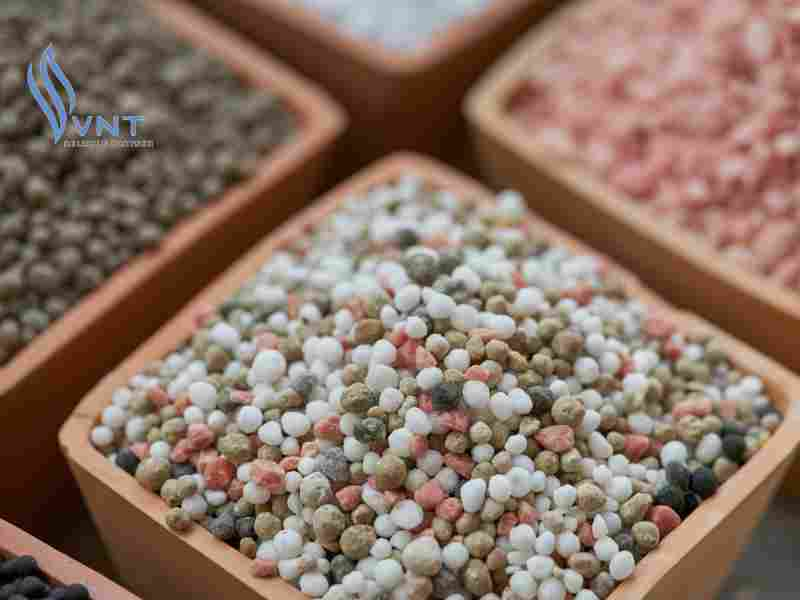
Store NPK fertilizers in dry conditions
Control humidity when storing NPK fertilizers
Controlling humidity is a vital factor in the storage of NPK fertilizers. High humidity can lead to clumping, contributing to reduced efficiency and effectiveness of fertilizers.
Here are some effective methods to control humidity:
- Use desiccant: Use specialized desiccant packs in fertilizer containers. They will absorb moisture from the air inside, keeping the fertilizer dry.
- Install a humidity meter: Use a humidity meter to monitor the humidity level in the storage. This will help you take timely measures if you detect that the humidity exceeds the allowable level.
- Follow the weather: During the rainy season, the air temperature often increases, so follow the weather to adjust storage measures accordingly. It may be necessary to move fertilizers to a safer location on wet days.
- Keep the storage area clean: Make sure the fertilizer storage area is always clean, without standing water as this can lead to increased humidity in the air. Thanks to strict humidity control, you can preserve the nutritional quality of the fertilizer. This helps plants grow more sustainably.
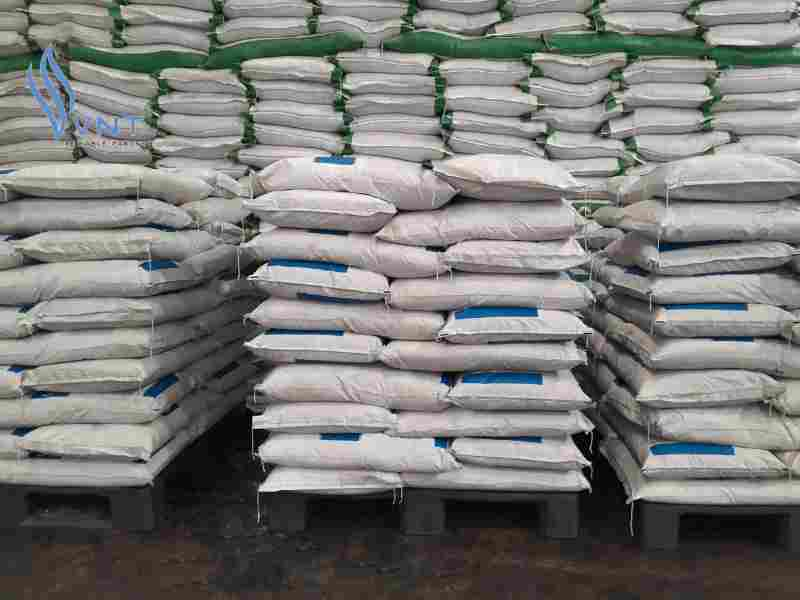
Controlling Humidity When Storing NPK Fertilizers
Use the Right Packaging to Store NPK Fertilizers
Proper packaging not only keeps fertilizers safe from moisture but also protects them from contamination and light. Choosing the right packaging is essential.
Here are some packaging options for NPK fertilizers:
- Plastic packaging: Use airtight plastic bags, which are moisture-proof and protect the fertilizer from sunlight. This reduces the rate of fertilizer loss and reduces the effectiveness.
- Non-woven fabric packaging: Non-woven fabric packaging can be chosen to protect fertilizers. However, it is necessary to ensure that they are sealed to avoid water and moisture infiltration.
- Airtight containers: For liquid fertilizers, you should use plastic containers with tight-fitting lids. These containers not only keep the fertilizer clean but also prevent the evaporation of nutrients.
- Safe packaging materials: When choosing packaging, it is important to ensure that the materials used are not toxic to plants. Safe packaging is very important to protect the final agricultural product.
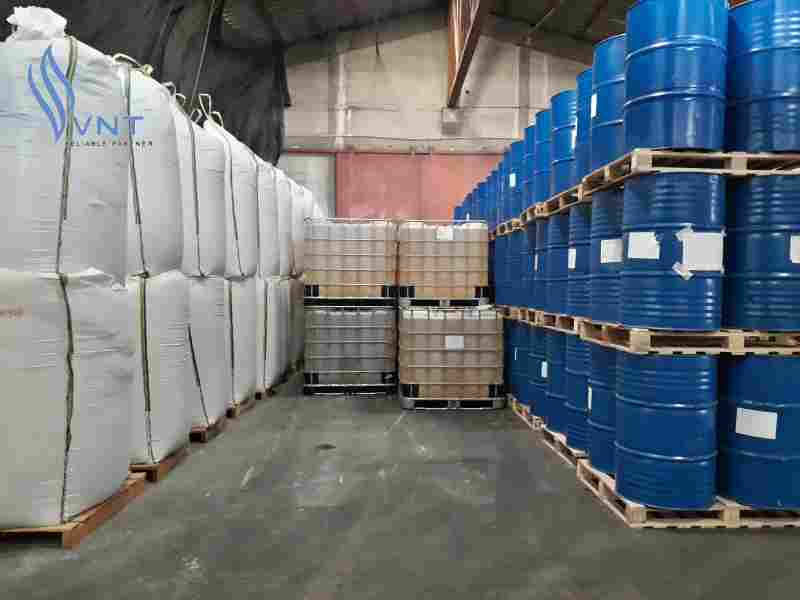
Use suitable packaging to store NPK fertilizers
Ideal temperature conditions for storing NPK fertilizers
Storage temperature is one of the factors that determine the quality of NPK fertilizers. Below are some points to note regarding temperature when storing NPK fertilizers:
- Optimal temperature: NPK fertilizers should be stored in the temperature range of 15-25 degrees Celsius. At this temperature, fertilizers can last for a long time without losing their effectiveness.
- Avoid high temperatures: Fertilizers should not be stored in places with high temperatures, near heat sources such as stoves, ovens or direct sunlight. High temperatures can cause chemical changes in fertilizers and reduce their quality.
- Cool storage place: Choose a warehouse or basement as a storage place to maintain a stable and dry temperature. Avoid stuffy places with no air circulation.
- Regularly check the temperature: Regularly check the temperature in the storage area to ensure it is at the ideal level. If the temperature is found to be above the allowable level, adjust the storage measures immediately.
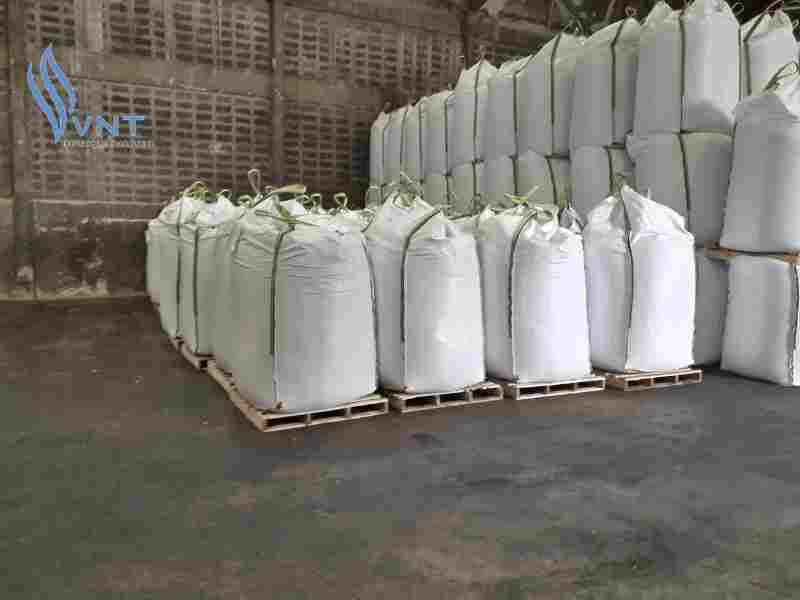
Ideal Temperature Conditions for NPK Fertilizer Storage
Optimal Storage Time for NPK Fertilizers
The optimal storage time for NPK fertilizers depends on the type and storage conditions. Here is some useful information:
- Granular fertilizers: If stored properly, granular fertilizers can maintain their effectiveness for 2-3 years. This is especially important for organic products.
- Soluble fertilizers: The shelf life of soluble fertilizers is also around 2-3 years if stored in cool, dry conditions. High humidity or sunlight can quickly reduce their effectiveness.
- Liquid fertilizers: For liquid fertilizers, the shelf life is usually 5-10 years if stored properly. It is important to periodically check the condition of the product before use.
- Slow-release fertilizers: Slow-release fertilizers can be kept for 2-3 years, but should always be kept in a cool, dry place.
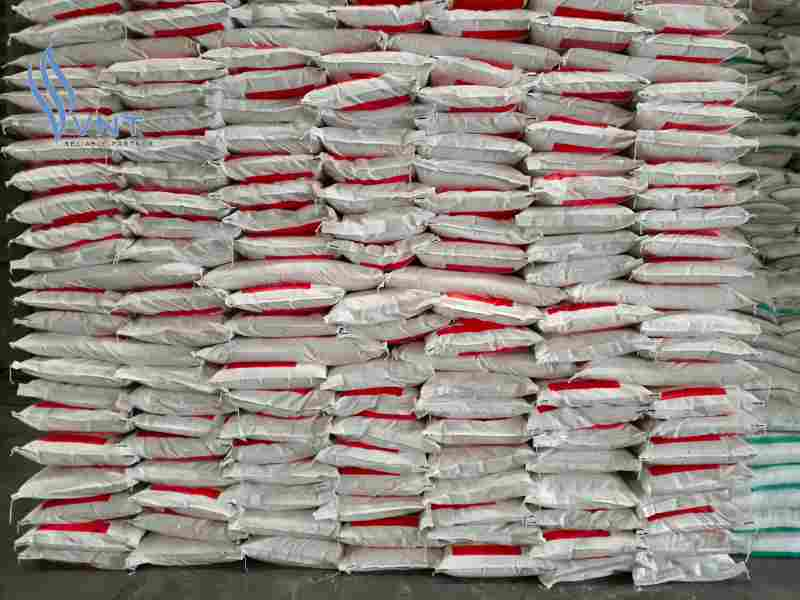
Optimal storage time for NPK fertilizers
Long-term effectiveness of NPK fertilizer preservation methods
NPK fertilizer preservation methods not only help prolong the storage time but also ensure nutritional quality when applied to crops. Understanding the long-term effectiveness of these methods will help farmers make the most of this resource.
- Extending the shelf life: Properly preserving fertilizers helps prolong the shelf life, so that whenever necessary, farmers can use them without worrying about poor preservation.
- Maintaining nutritional efficiency: With careful preservation measures, the nutritional quality of fertilizers will be maintained, ensuring that crops have enough necessary nutrients.
- Cost savings: Minimizing the risk of damage and loss of nutrients helps farmers save on investment costs in new fertilizers, thereby improving agricultural production efficiency.
- Environmental protection: Proper storage of fertilizers not only reduces waste but also contributes to environmental protection and reduces pollution caused by excessive use of chemical fertilizers.
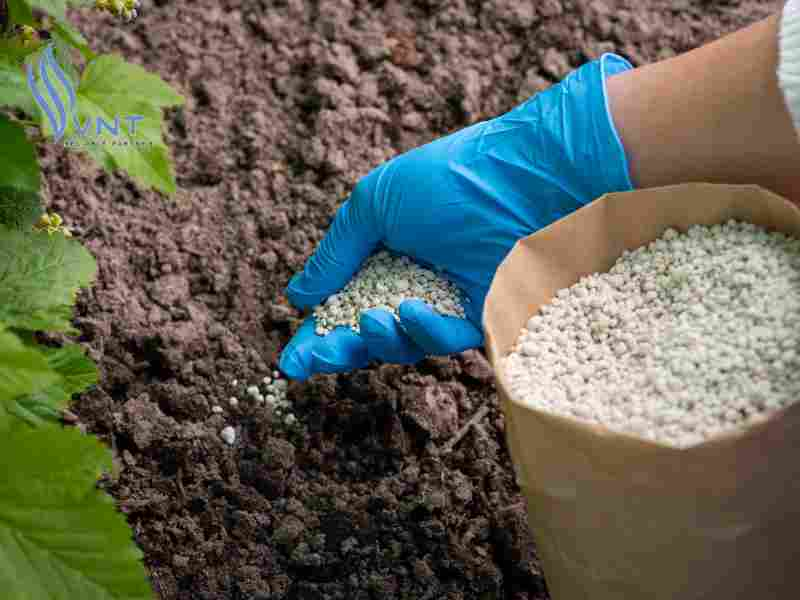
Long-term effectiveness of NPK fertilizer preservation methods
Mistakes to avoid when preserving NPK fertilizers
To preserve NPK fertilizers effectively, pay attention to avoid the following common mistakes:
- Storage in humid places: Placing fertilizers in humid areas can cause clumping and loss of nutrients. Choose dry and cool places.
- Unsealed containers: If the container is not sealed, moisture and air will penetrate, reducing the quality of the fertilizer. Make sure the container is always sealed carefully.
- Exposing fertilizers to sunlight: Sunlight can reduce the effectiveness of nutrients, especially for liquid fertilizers. Store in a cool, dry place, away from direct sunlight.
- Mixing fertilizers: Mixing different types of fertilizers can cause unwanted chemical reactions, leading to loss of quality and effectiveness of the product.
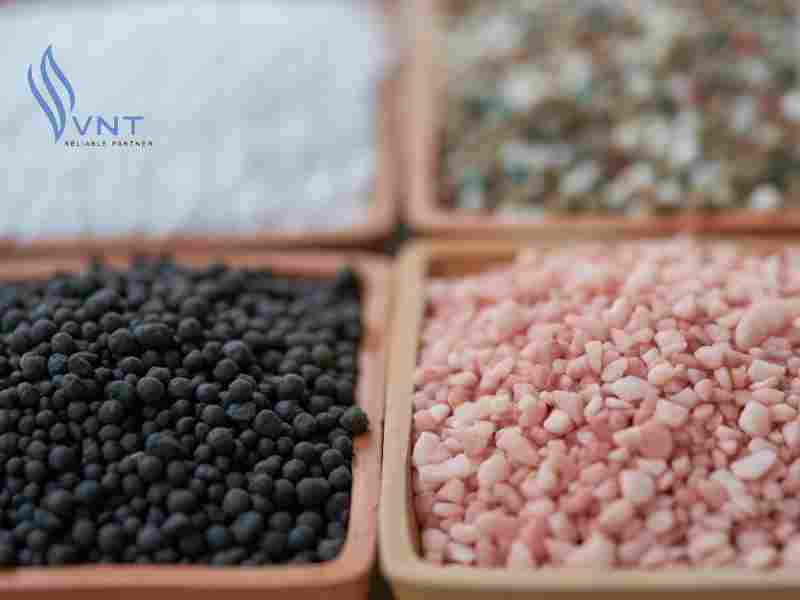
Mistakes to Avoid When Storing NPK Fertilizers
The Importance of Properly Storing NPK Fertilizers
Properly storing NPK fertilizers not only helps extend the shelf life but also brings great benefits to crops and agriculture. Here are some reasons why this is important:
- Optimizing production costs: Good storage helps save costs on purchasing new fertilizers, thereby minimizing costs for farmers.
- Ensuring the quality of agricultural products: Good storage conditions will help maintain the quality of fertilizers, thereby improving the yield and quality of agricultural products.
- Minimizing environmental pollution: By reducing waste and maintaining the nutritional efficiency of fertilizers, proper storage contributes to protecting the environment and ecosystem.
- Improving agricultural production efficiency: When crops always receive adequate and timely nutrition, agricultural products will grow strongly, thereby improving the yield and quality of products.
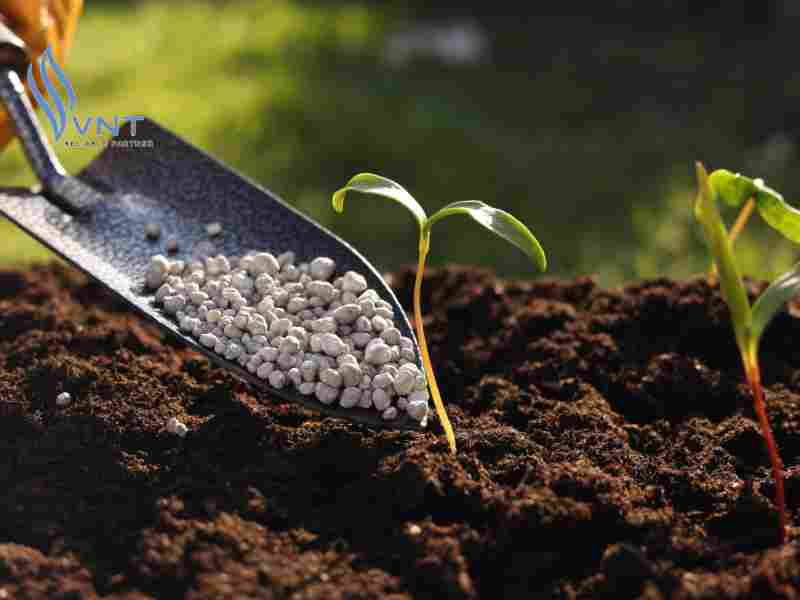
The Importance of Proper Storage of NPK Fertilizers
Some Frequently Asked Questions
Why is it necessary to properly store NPK fertilizers?
Proper storage helps maintain the quality and effectiveness of fertilizers, prolong their shelf life and save costs for farmers.
What are the best conditions for storing NPK fertilizers?
NPK fertilizers should be stored in a cool, dry place, with an ideal temperature of 15-25 degrees Celsius.
How does humidity affect NPK fertilizers?
High humidity can lead to clumping and reduce the nutritional quality of NPK fertilizers.
How long can NPK fertilizers be stored?
The storage time depends on the type of fertilizer. Usually 2-3 years for granular or soluble fertilizers, 5-10 years for liquid fertilizers.
What mistakes should be avoided when storing NPK fertilizers?
Avoid storing in humid places, not covering the box, exposing it to sunlight and mixing different types of fertilizers.
Conclusion
Proper storage of NPK fertilizer is a very important and necessary issue. Hopefully the article brings readers the most useful information. Always pay attention and follow these procedures so that your plants grow healthily and most effectively.
You are looking to buy quality organic and inorganic fertilizers from reputable brands in the world. VNT Company is the top choice for you. VNT provides all types of organic and inorganic fertilizers for plants.
Advantages of buying at VNT
- Distributing, importing and exporting all types of fertilizers for all types of plants.
- Always ensure timely support for you in the process of production and cultivation.
- Professional and experienced staff, always on hand to answer all questions when customers.
- Continuously improving and upgrading with careful investment in equipment, machinery, and warehouse scale.
- VNT is always a reliable address, Always bringing value to customers.
Contact for more details
VNT IMPORT EXPORT TRADING JOINT STOCK COMPANY
Business registration number 0104188003 issued by the Department of Planning and Investment of Hanoi on September 30, 2009
Address: Hamlet 3, Hai Boi Village - Hai Boi Commune - Dong Anh District - Hanoi.
HN Office: Room 1304, CT2-VIMECO Building, Nguyen Chanh, Trung Hoa, Cau Giay, Hanoi.
HCM Office: No. 68B, Nguyen Van Troi, Phu Nhuan District, Ho Chi Minh City.
Hotline 1: 0904616638
Hotline 2: 02466543183
Email: tuyennv@vntradimex.com



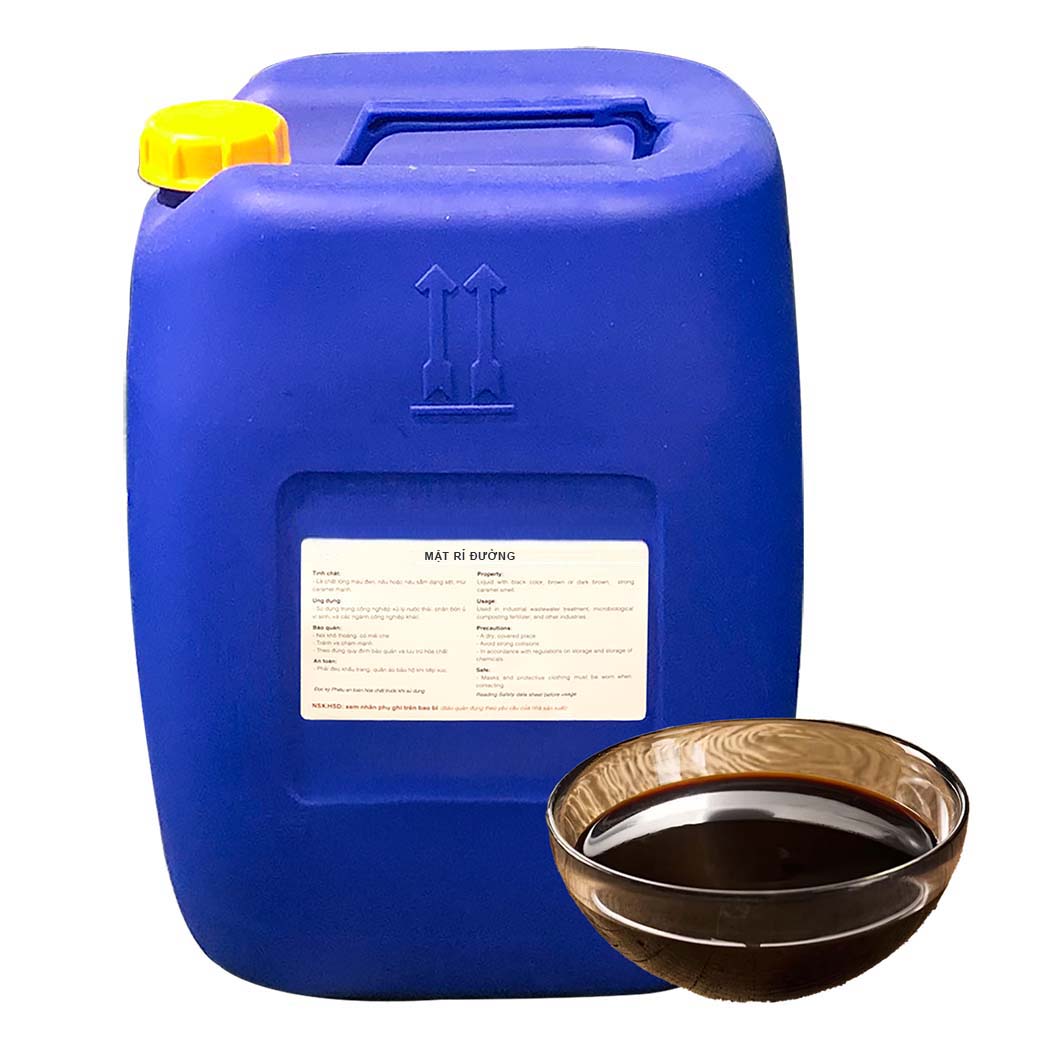
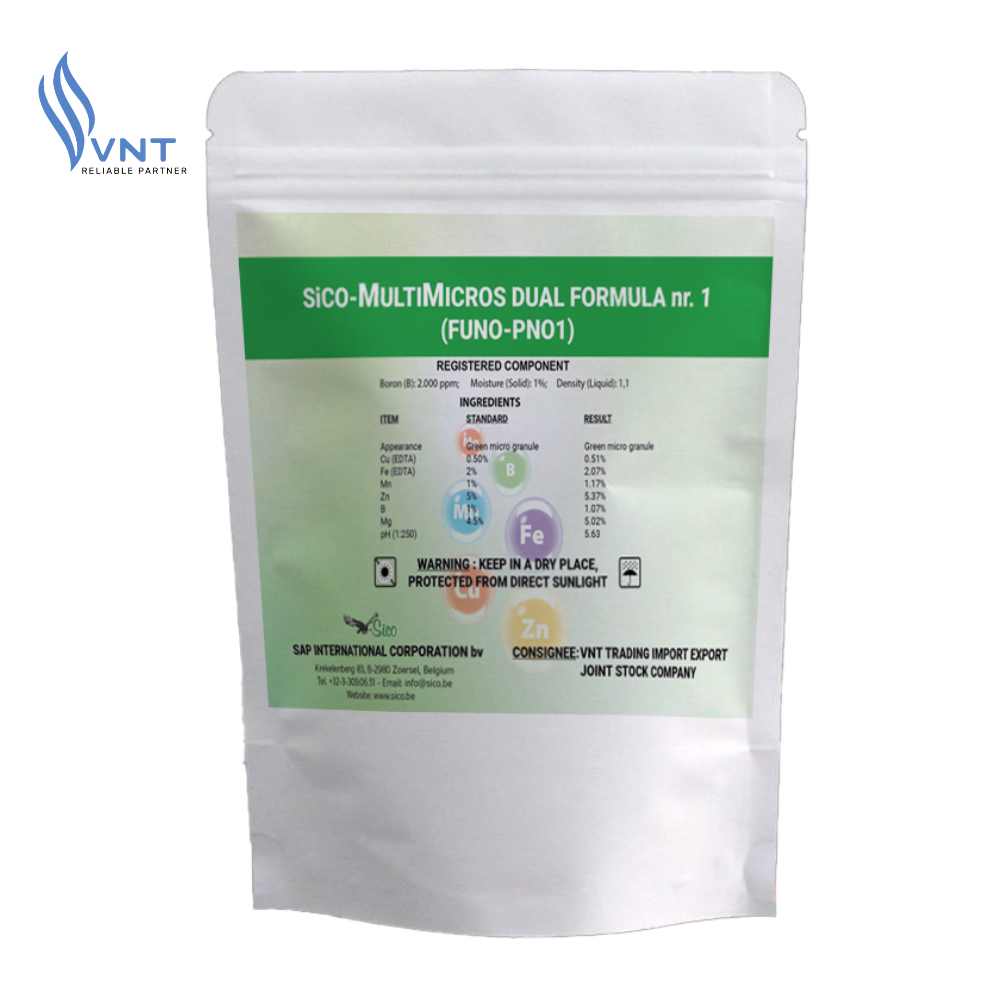
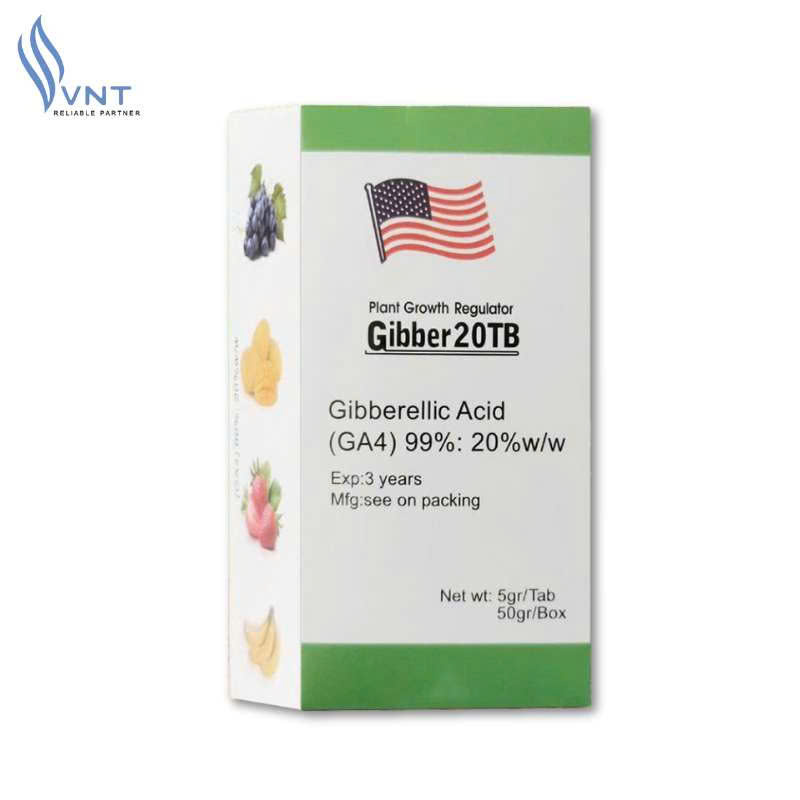
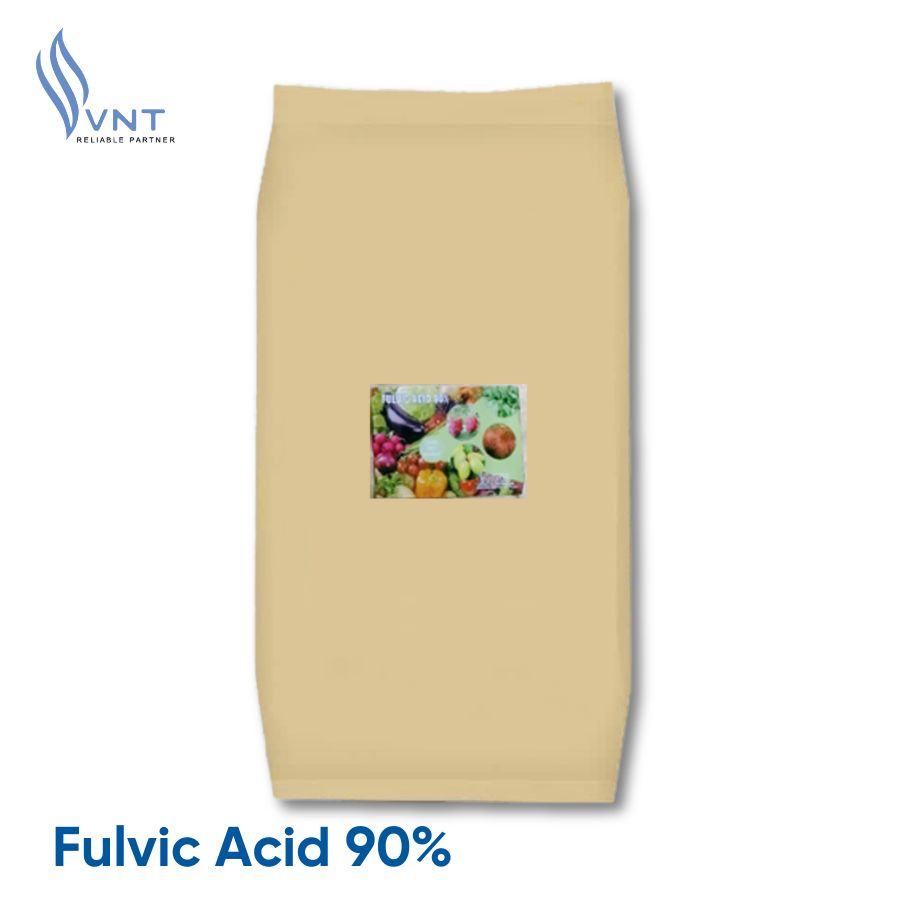
![[Q&A] How Long After Applying NPK Fertilizer Can You Eat Vegetables?](https://vntradimex.com/public/files/news/bon-phan-npk-cho-rau-bao-lau-thi-an-duoc-685e204cde416.jpg)

![[SHARE] How to use NPK fertilizer properly that everyone should know!](https://vntradimex.com/public/files/news/cach-dung-phan-bon-npk-dung-cach-682c46ab907d2.jpg)




